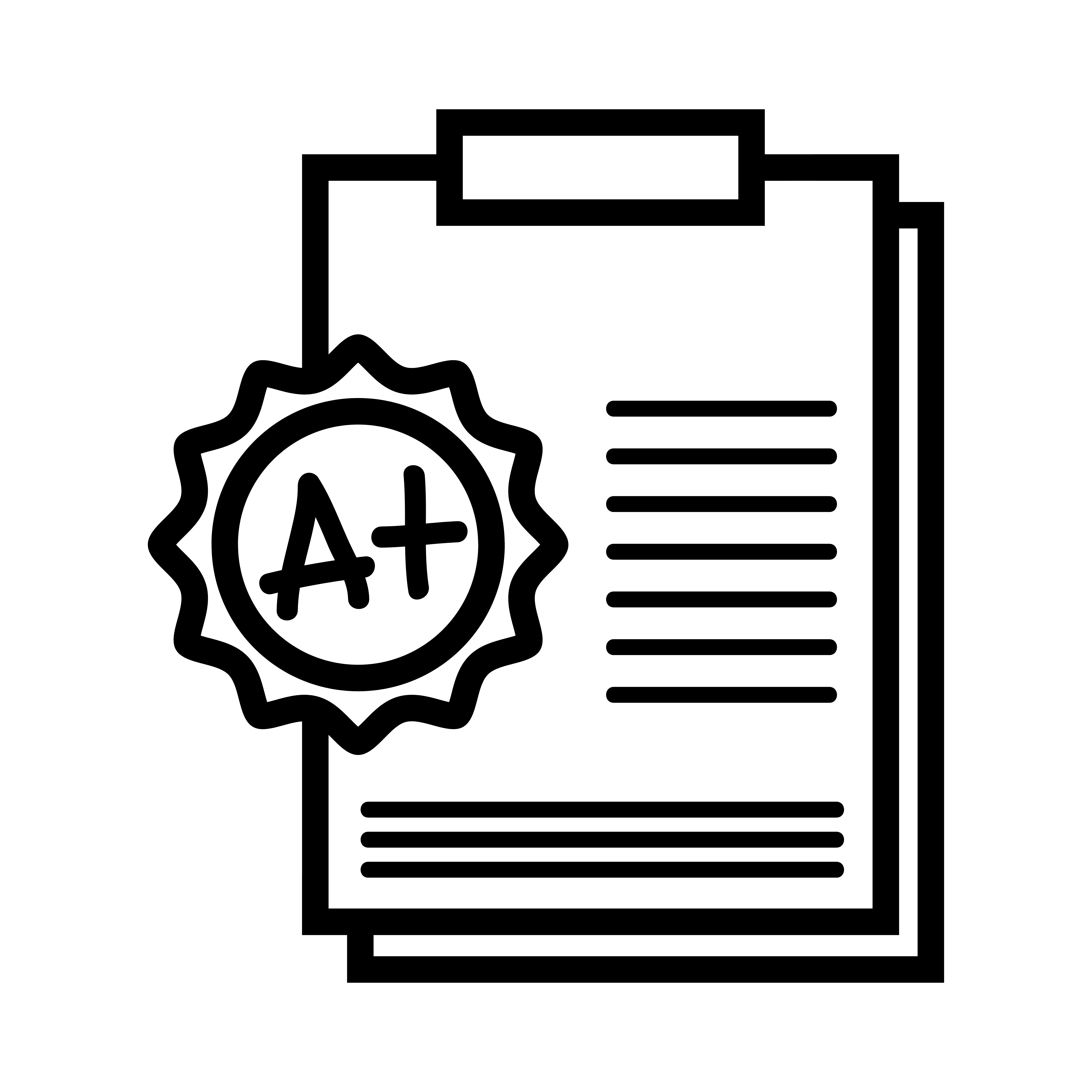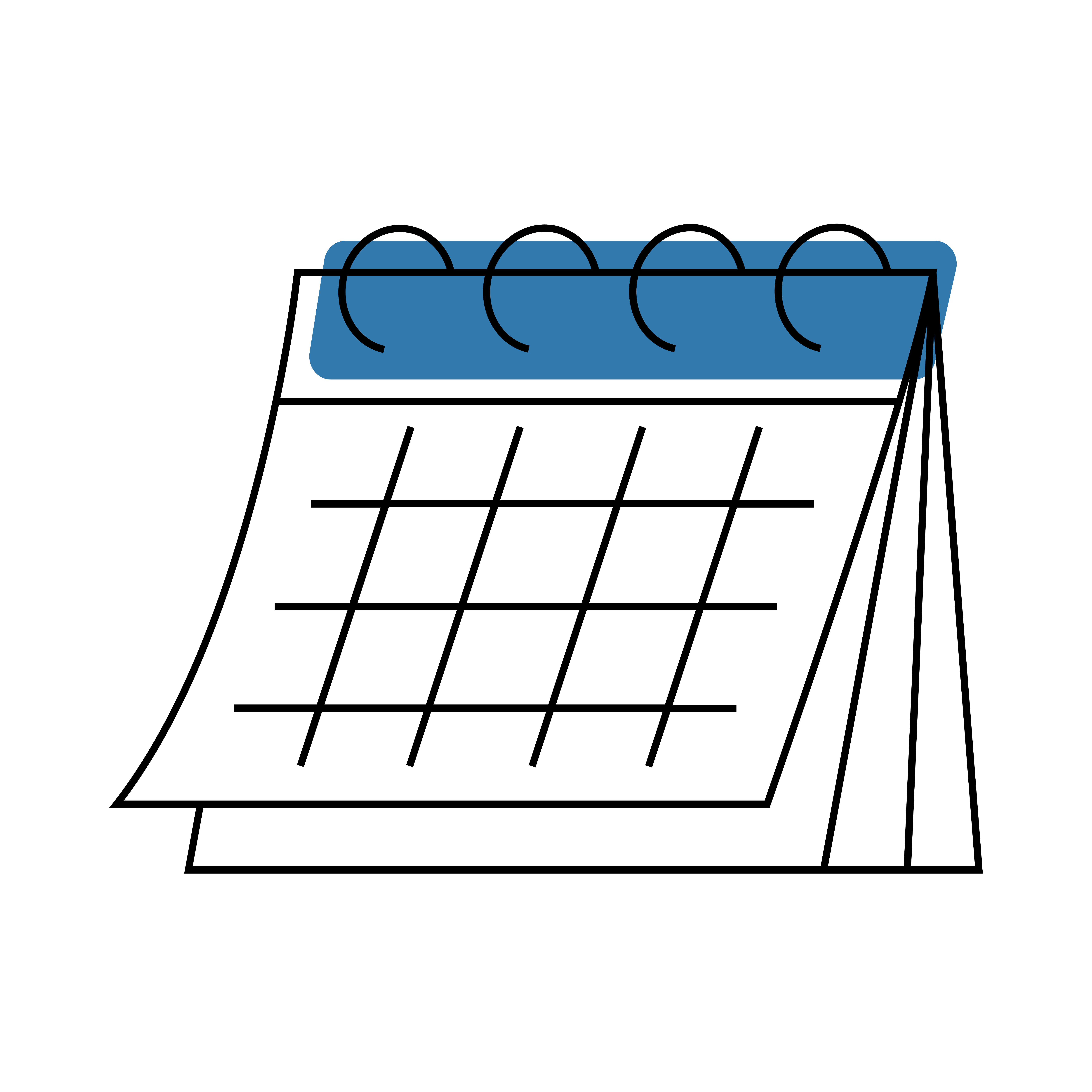Join me...
This site displays advertisements and I may receive a small commission if you interact with them.
Appealing my GCSE Results
Hi,
I’m Alix and it’s my mission to help as many of the next generation as possible work in jobs that meet their passion and purpose, making them happy and fulfilled adults. Providing support and hand holding where they may not have any.
Join me in making sure you’re one of them…
When I took my ‘O’ levels, as GCSEs were called then, I had no support or advice. I freely admit that I was clueless and didn’t even know you could appeal your results. And that is the reason for this website, to let you know things I’ve learnt that may be helpful to you. I pray that you have support from parents, siblings and teachers, but, in case you don’t, I am offering to be a ‘virtual mentor’, here with hints and tips I’ve learnt along the way which might be useful to you.
So, grab a snack and today we’ll look at the whys and wherefores of appealing your GCSE grades.

Following receipt of your exam results it’s possible to question whether there could have been an error in the marking.
You sat the exam and know whether you considered the questions: easy; hard; difficult; or impossible. If you feel that you didn’t struggle to recall facts and you came out feeling confident that it went well, but got a low grade, then you could have a case for questioning the outcome.

Can you do anything about it?
The simple answer is ‘yes’.
The process for appealing GCSE results varies depending on the exam board and where you took the exams (England, Wales, Scotland, or Northern Ireland), however, there are specific deadlines for submitting appeals, so make sure to act promptly.

Your school or college will be able to provide you with the relevant information about deadlines, just don’t hang around.
Considerations…
A couple of thoughts about what to consider are:

Paying for appeals - there may be a fee associated with requesting a review of your results or, a second option, a review of marking, however, if any review results in a grade change, the fee is usually refunded;

Up/down - it's also important to note that appealing GCSE results should not be taken lightly as grades can go down as well as up.

First step…
Now, if you want to go ahead, discuss your concerns with your teachers or school/college and get a better understanding of whether an appeal is the right course of action for you before putting it in motion.
They can provide guidance on the appeal process applicable to the particular exam board you sat and help you understand whether a review or appeal is appropriate in your case, ie they should know your skills and knowledge having taught you the subject(s) for the past two years.
Your mock exams will have given an indicator of how you were expected to perform in the end of year tests, however, of course, you may well have taken action where necessary to bring your exam grades up to the level you need having had this indication and this will have been evident to your teacher and should be taken into account.

Assuming your teacher agrees that there’s a good chance there was an error, there are two reviews you can consider asking your school or college to request.
The first is a ‘review of marking’ or, secondly, a ‘review of results and review of marking’, see below for a more detailed explanation of each.
Requesting a ‘review of marking’…
Firstly, you can request a review of the marking for specific papers.
This is called a ‘Review of Results’ or ‘Clerical Check’ and relates only to a check of the total marks awarded against each question being added up correctly, ie it is not a review of the answers you wrote and whether you were awarded the correct mark in the first place.

While exam markers are all careful and professional, it is possible they had a bad day.
The exam board will check to ensure that all the marks have been correctly added up and that there were no administrative errors made when doing so.
Requesting a ‘review of results and review of marking’…
Alternatively, you can request a ‘Review of Results and Review of Marking’ (sometimes referred to as a ‘Priority Review’).

This means the exam board will review the answers you gave on your exam paper(s) to ensure that the marks were awarded correctly in the first place, ie where you put three correct points and the question was awarding three points, those points were appropriately awarded.
Outcome of the appeal…
The exam board will carry out the review requested and let you know the outcome.
If the review leads to a change in your grade, the exam board will issue a new results certificate with the corrected grade.

Please keep in mind that the appeal’s process and policies may change over time, so it's crucial to check the most up-to-date information provided by your exam board or relevant education authority for the specific process in your region, but, again, don’t hang around.
Good luck!
